Projects
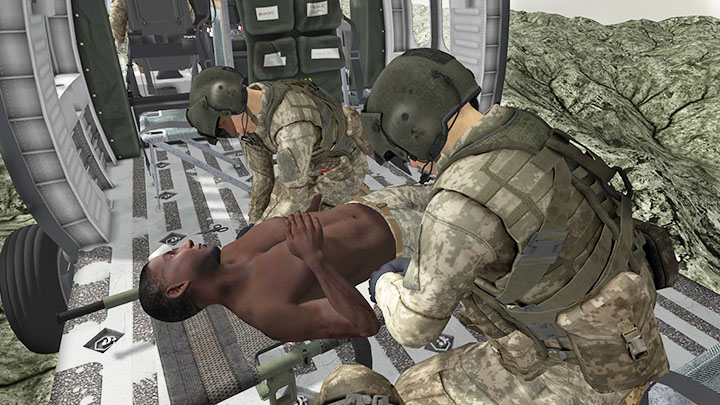
Bravemind
Bravemind is a clinical, interactive, virtual reality based exposure therapy tool being used to assess and treat post traumatic stress disorder.
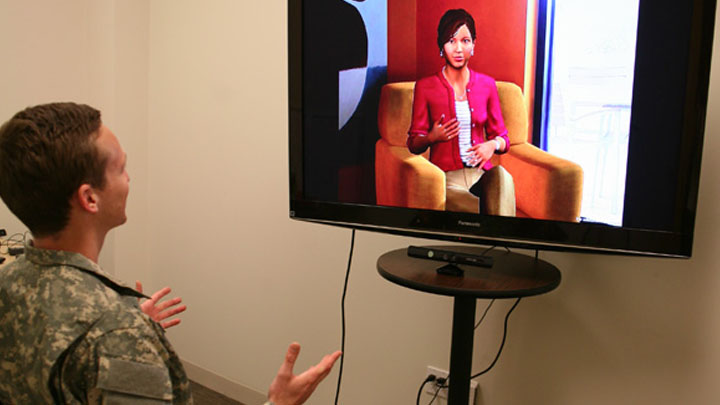
Detection and Computational Analysis of Psychological Signals (DCAPS)
As a result of their experiences during deployment, service members may return home with psychological health challenges and find it difficult to reconnect with family and society at large. Despite best efforts to improve awareness and care, only a small fraction of returning warfighters seeks help dealing with psychological health issues. The Detection and Computational...

Professional Quality of Life (ProQoL)
The SimCoach ProQoL project uses a virtual human agent to serve care-providers with a resource where they can learn more about their Professional Quality of Life (ProQoL). The web-based application offers a safe, private, and confidential place for users to take the ProQoL survey, or enter their recent scores from a previously taken survey, and learn about things like burnout, compassion fatigue and self-care.
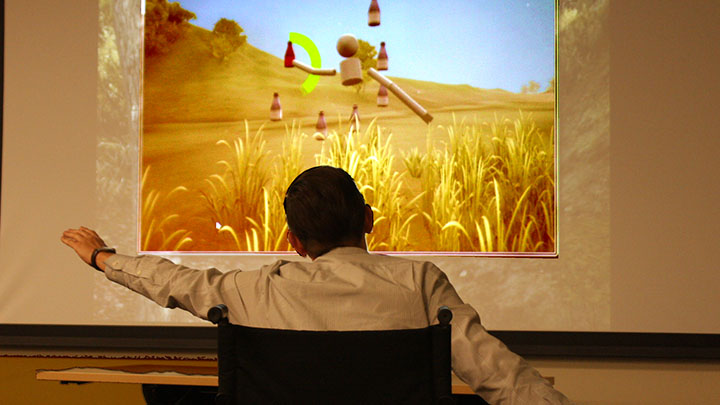
Novel Interactions for Amputees
This research builds upon a number of existing USC ICT technologies by modifying and improving a game-based tool for rehabilitation of service members with amputation and integrating ICT virtual human technologies to build a novel interaction tool to educate and reduce stigmas associated with amputation.
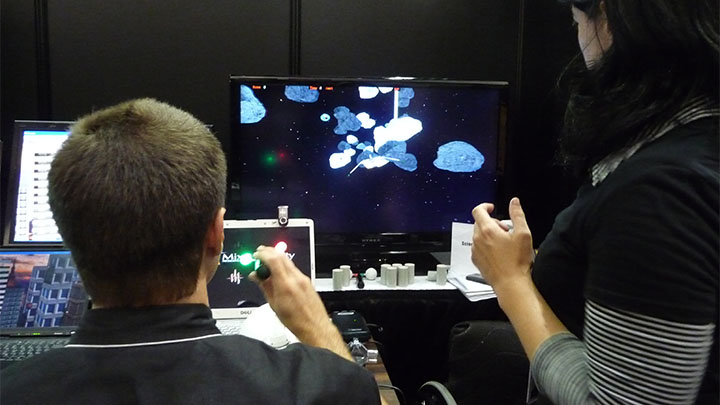
Rehabilitation Engineering Research Center (RERC)
The project focuses on the development of prototype applications using the Microsoft Kinect, the Nintendo Wii Fit and web cameras designed specifically for exercise and rehabilitation.

SimCoach
SimCoaches are web-based virtual humans designed to assist service members, veterans and their family members in breaking down barriers to getting mental health support and in making better use of the myriad services that are available to them.

Telepresence Rehabilitation
This project builds upon our previous work with the Microsoft Kinect and our own specifically tailored software for rehabilitation.
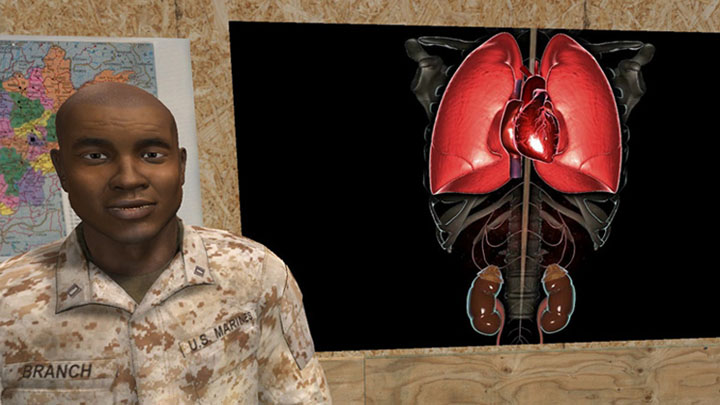
Stress Resilience in Virtual Environments (STRIVE)
STRIVE is comprised of a realistic combat/war theater experience represented in a virtual reality environment. The STRIVE vignettes are designed to provoke physical, social, and emotional stress and will frequently portray a situation reported by Veterans with PTSD to have been the centralevent in their PTSD.
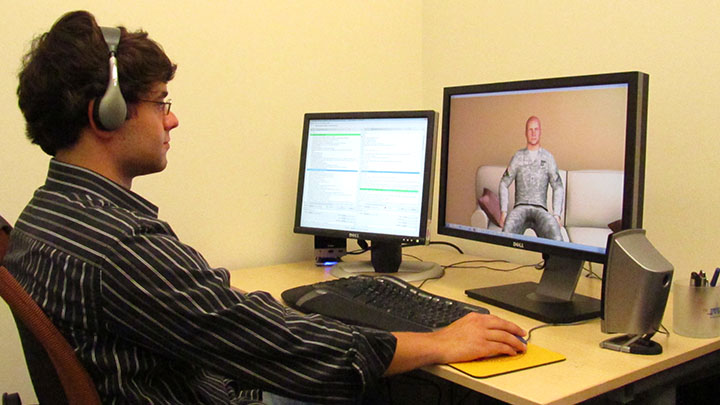
Virtual Patient
The Virtual Patient project uses virtual human technology to create realistic lifelike character avatars to train clinicians in interpersonal areas such as rapport, interviewing and diagnosis.
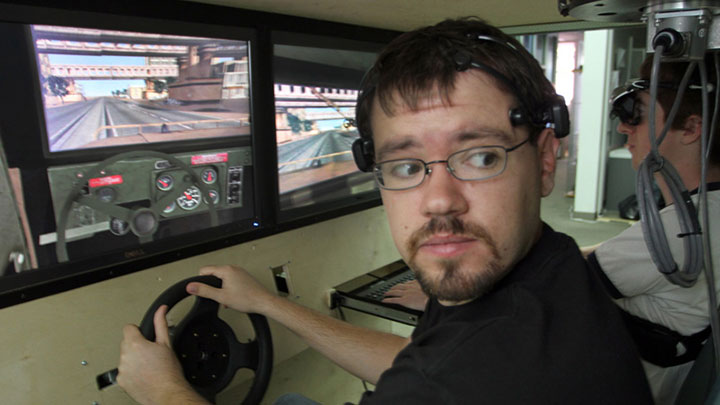
Virtual Reality Cognitive Performance Assessment Test (VRCPAT)
VRCPAT incorporates cutting-edge neuropsychological and psychological assessment into state of the art interactive/adaptive virtual scenarios.